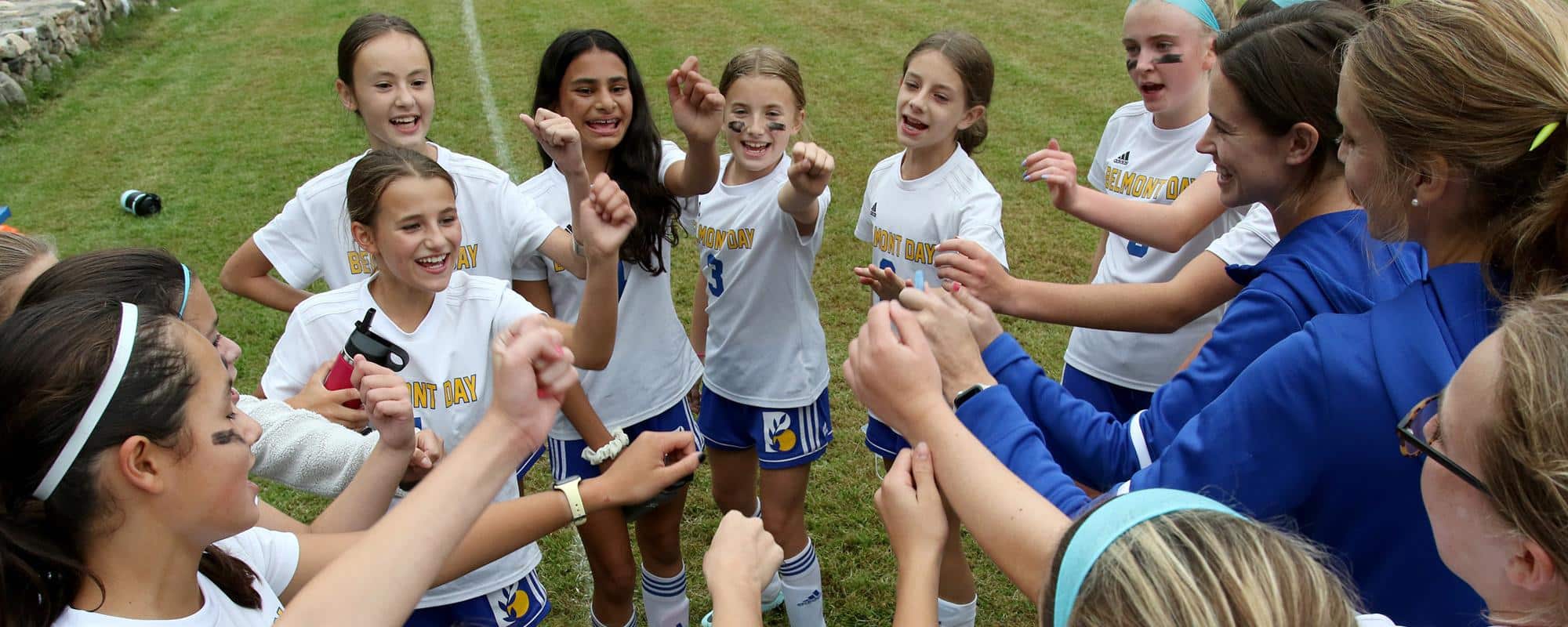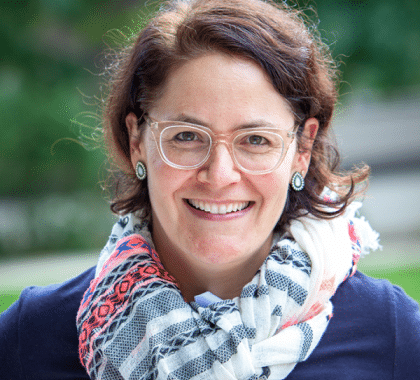Thank you to all who attended the Middle and Lower School Curriculum Nights during these past two weeks of school. Each night was kicked off with remarks from the respective school heads looking at the year ahead. We share those remarks in two parts. This is part one:
Middle School Curriculum Night, Thursday, September 15
Remarks by Liz Gray, middle school head
Welcome, everyone. It is such a pleasure to have you all back at school for our first in-person middle school curriculum night in two years! Not only do we have that to celebrate, but also the exciting step of now being part of the largest grade 6-8 middle school Belmont Day has ever experienced. Each one of your children is a member of this amazing group of 140 students and each is an invaluable addition to our community.
This summer I had the privilege of being in an audience of 70 other independent school leaders from around the country who were able to get a front-row seat to the latest thinking of Donna Orem, president of the National Association of Independent Schools. Her presentation was centered on data measuring several trends, challenges, and opportunities that independent schools are facing today.
As I always do when I attend a presentation like this, I begin applying the findings to my own school, Belmont Day, to see how we stack up in the bigger world around us. There’s good news and there’s bad news. I’ll give you the bad news first–my love for BDS might have facilitated a little confirmation bias. But the good news is that we are legitimately knocking it out of the park. Every time a new piece of positive data or trend presented itself on a slide, I found BDS written all over it.
The focus of what makes an excellent education can often be elusive. When we talk about excellence and community at Belmont Day, how do we measure it? What are rigor, challenge, excellence, and community anyway?
Donna Orem cited Pricewaterhouse Coopers to tell us that it is adapting and thriving amidst five urgent global forces changing the world today, two of which are “polarization–the increasing fracturing of communities,” and “trust,” specifically a declining confidence in major societal institutions, a growing debate over truth and rising distrust of those outside our identity group.
Orem then talked bout how the World Economic Forum tells us that it is all about learning and practicing the skills which are increasing in demand in the world today. Here are the top four:
- Critical-thinking
- Problem-solving
- Self-management
- Working with people
Where do we see these at Belmont Day? It’s everywhere. Not only does it live in the core spaces you can imagine when you think about a day at BDS, but also in the interstices, those small interpersonal or metacognitive moments that fill our students’ days. It is the skills and knowledge our students build while participating in a family-style lunch in the reopened Coolidge Hall, getting helpful feedback from teammates on the field, and weighing in on a group conversation about observing two items with different physical properties falling from the hands of your science teacher. It is collecting and analyzing statistical data about our classmates in math class and asking, “How does the type of question we ask change the type of answer we get?” or coming up with the class norm of “challenge ideas, not people”. Each day your child is exercising their critical-thinking and problem-solving muscles, learning how to manage themselves, and navigating the sometimes gnarly but always winning experience of working with other people.
Orem’s presentation ended with a big question for our young people and arguably also for us as parents today: How to reconcile self-interest and the common good in a time of increasing polarization.
There is a false binary between excellence and community. In fact, excellence IS community. Problem-solving and self-management, as backed by the World Economic Forum, are two of the most keenly sought out skills in the world today, are all about working and thriving in a community.
The middle school years—which I have always and still believe to this day are clearly centered on identity exploration and formation—are the perfect time to ask students to face the challenge of building trust and empathy outside of their own identity group, and to live well in a community—to be excellent.
Tonight you will get to meet the fine educators who help to guide your students through this exciting journey with their expertly crafted curriculum and care for each of your children. I hope you enjoy your evening with our mighty crew of middle school faculty.




